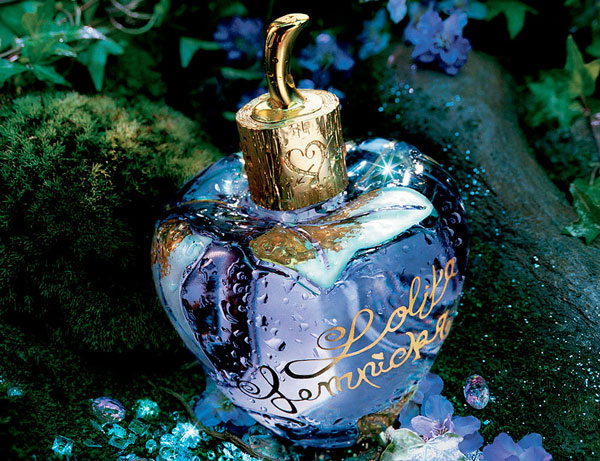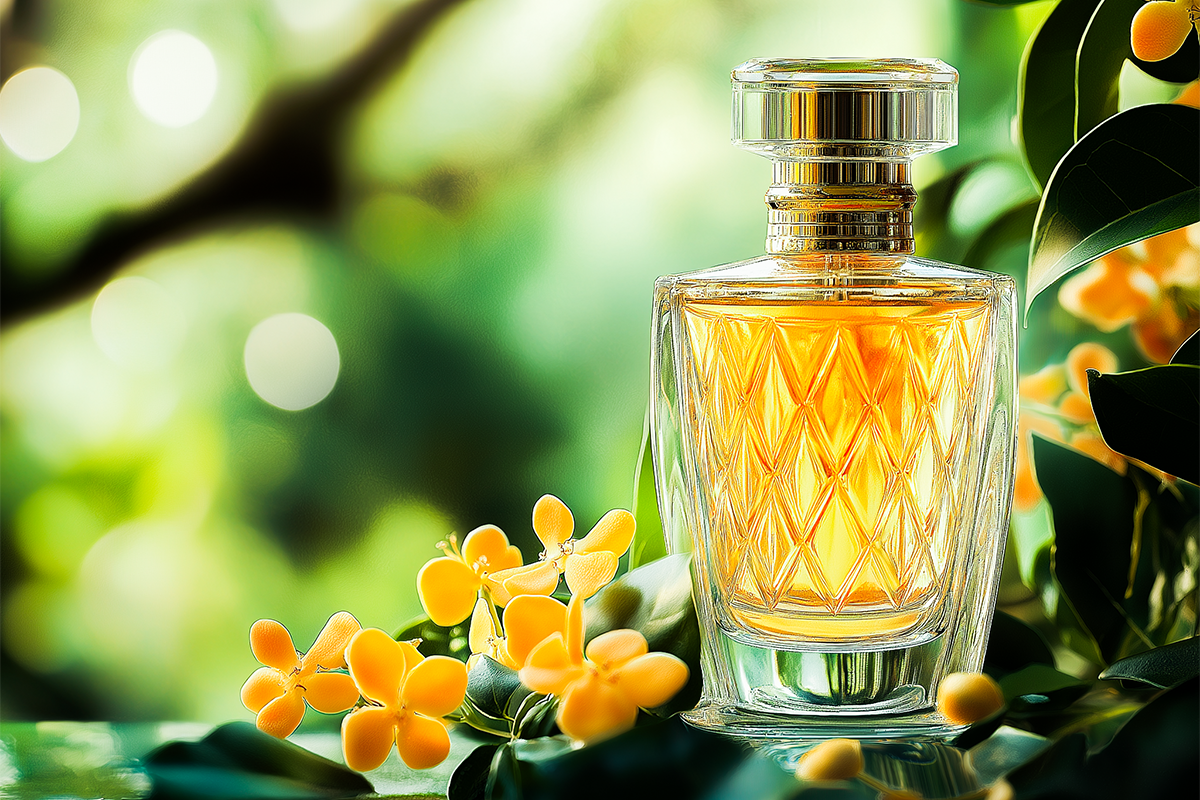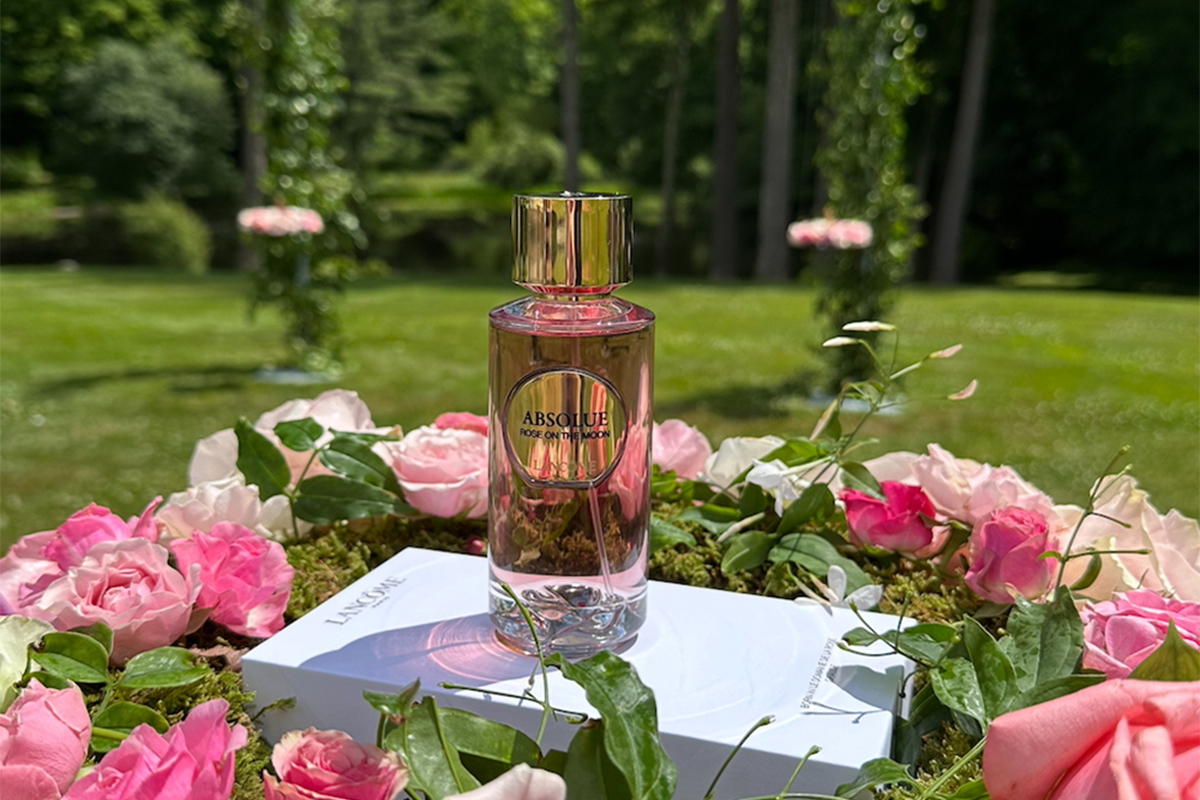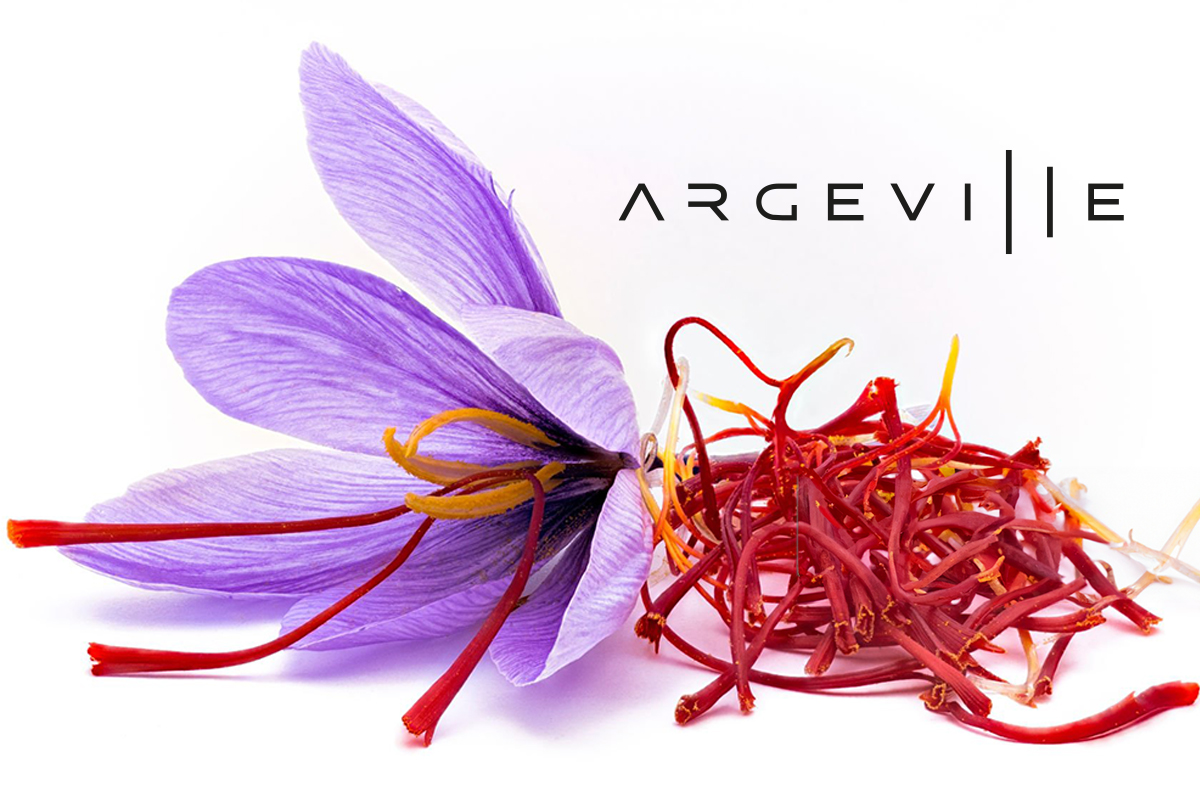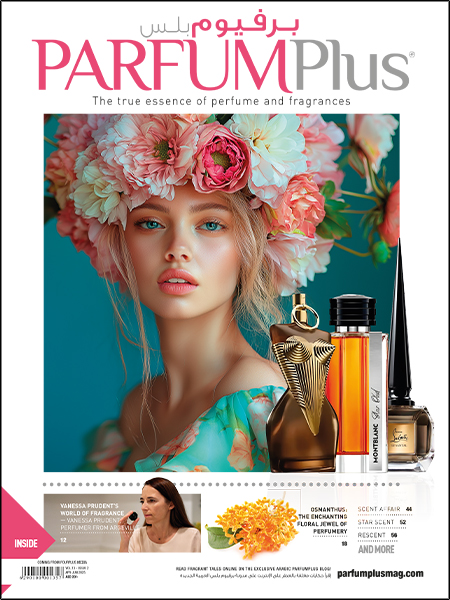Before its discovery little did the world know that the ugly looking citron fruit would actually lead perfumers to an olfactory experience like never before…
Derived from a plant named citrus medica, this not-so-good-looking is actually an excellent ingredient for perfumes. Oranges, lemons and other citrus family descendants that we so extensively used, are actually a hybrid version of the citron fruit. Unlike oranges and lemons, its cousins from the citrus family, this fruit has a dry pulp and small leaves with very little juice. However, citron is used to create an essential oil.
This oil comes with a mesmerising fragrance. However, the olfactory treat that this oil provides is just one of its important features. Yes! Citron oils are known to possess excellent medicinal properties as well. In fact, extract of citron is one of the most recommended home remedies for various types of pulmonary as well as gastric disorders. In fact, it was the medicinal properties of citron that may have pushed it to the limelight. There is a possibility that its fragrant features were discovered much later. Origin Of CitronThe art of perfumery and the various ingredients used to develop the fragrances that we so much adore, is heavily inspired by the bountiful gifts of Mother Nature. Citron is also one such gift. Since the fruit itself was considered inedible in many cultures, this ingredient made its way to our hearts through other means. Back in the medieval era, citron was a priced discovery.
With the years that have gone by, its popularity has only multiplied, so has its usage. The citron fruit is usually long, elongated in shape and comes with a leathery rind. In fact, the surprising part about this fruit is that its shape is often unpredictable. Inherently citron contains albedo. The amount of albedo is what decides the shape of the citron fruit and this of course varies according to various factors. The leathery rindin the citron fruit has a strong and hard hitting fragrance that may seem like an olfactory chaos initially. But once the fragrance settles down, it beautifully the transfer the senses to a more rejuvenating experience through its tangy scent. This ugly looking fruit’s claim to fame happened when the jews brought it to Israel after their exile from Egypt. Since it is easily cultivated and populates through self-pollination, it emerged as a preferred ingredient. The citron fruit also rarely ever falls from the tree. If not plucked before maturity, this fruit can go on to reach a weight of 4 to 5 kg
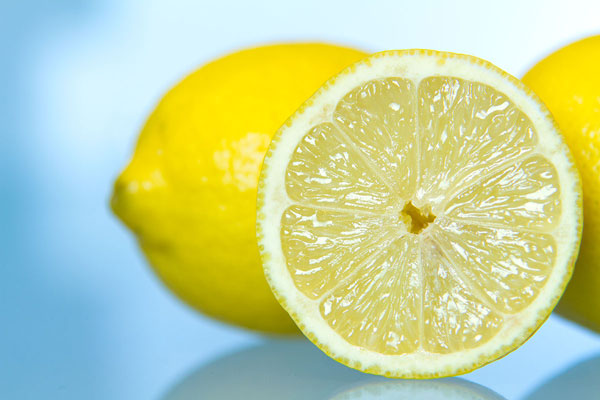
From medicines to perfumes, this ingredient gradually managed to make its way to the kitchen as well. Yes! Many Asian cultures use citron or citron extracts to prepare meat, desserts, etc. It’s tangy properties are known to lend unique flavour to the foods. Today, there are various varities of citron, introduced as a hybrid of the fruit that was originally known. As for the usage of citron in perfumery, citron’s fan following continues to grow. This is primarily because of the excellent sillage that citron based perfumes are known to provide.
A Perfumer’s Favourite
The excellent sillage that the citron fragrance offers makes it a favourite among perfumers, especially when it comes to developing fragrances for relatively warmer climates. As is very popularly known, the temperature of the surrounding plays a crucial role in unveiling the true nature of the fragrance that you wear. For instance, a soft French perfume may not be able to withstand the hot sweltering sunny weather and is likely to lose its sillage faster than expected, in such a climate. On the contrary, citron based fragrances are preferred in colognes and perfumes because of their strong sillage.
On a hot sunny day, a whiff of citron is good enough to transport the senses to the beauty of sun-kissed beaches rejuvenating the senses, just like the cool sea breeze. Citron is commonly used as a top note so the initially strong fragrance fades away to give way to a lasting fragrance. Having said that, this ingredient is used extensively in top, heart and base notes. In fact, these days citron is used in home fragrances as well.
Simply put, Citron notes are fresh and light encapsulating the story of the fragrance. They set the stage and are meant to entice and intrigue. Given this background, their role in perfumes is only going to get stronger. The Citron Trail In Perfumes Citron Citron by Miller Harris is a good example for those who prefer a strong citrusy fragrances. The fragrance was launched in 2010. Lynn Harris is recognised as the nose behind this captivating fragrance. In fact, Citron Citron is an entire collection consisting of candles, perfumes and colognes.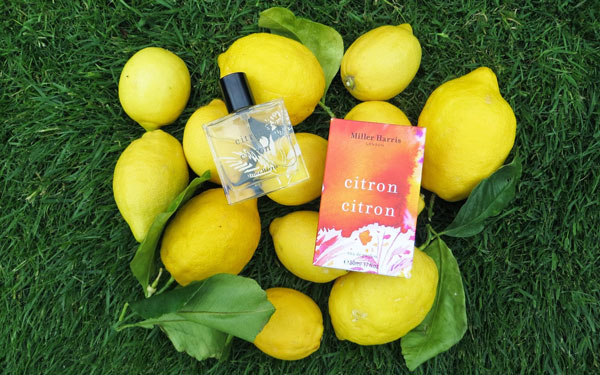
For quite sometimes, it was believed that citron can only be used in masculine fragrances. However, Citron vert by Jardin De France is a welcome take on this trend. Known primarily for its colognes, Citron vert is one of the first offerings in the perfume segment by this renowned brand. And it is quite an interesting take on how citron is beautifully entwined with the top, heart and base notes. The best part is this fragrance is unisex in nature.
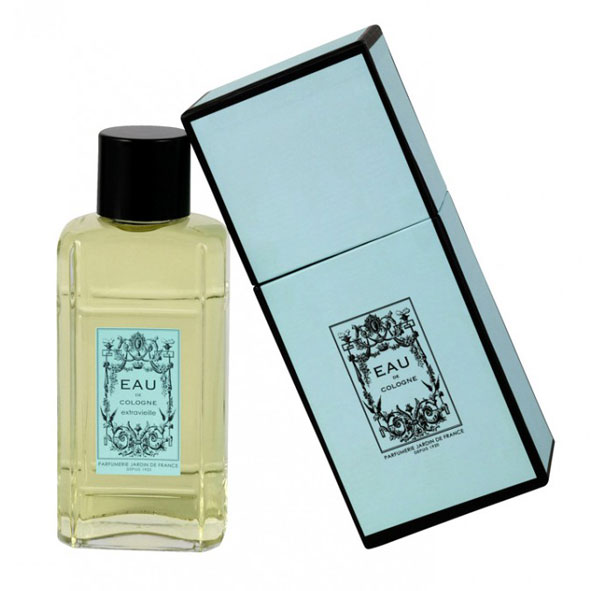
Another excellent option for ladies who love citron is Le Premier Parfum by Lolita Lempicka. The perfume opens with sparkling accords of citron that pave the way for delightful floral notes laid on a base of white musk.
